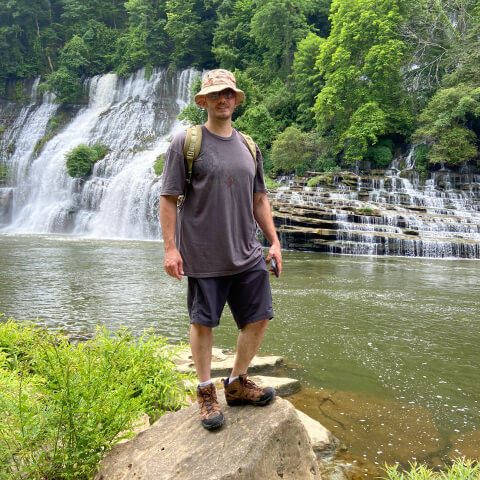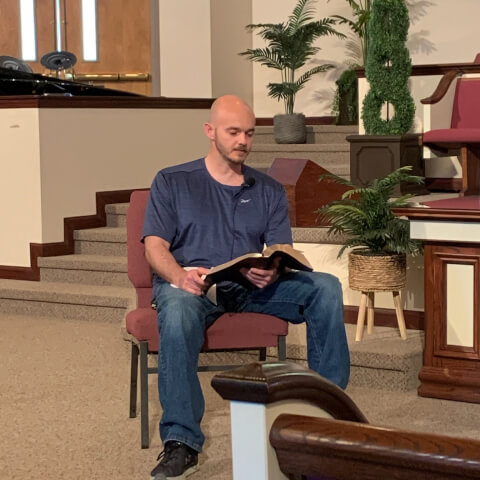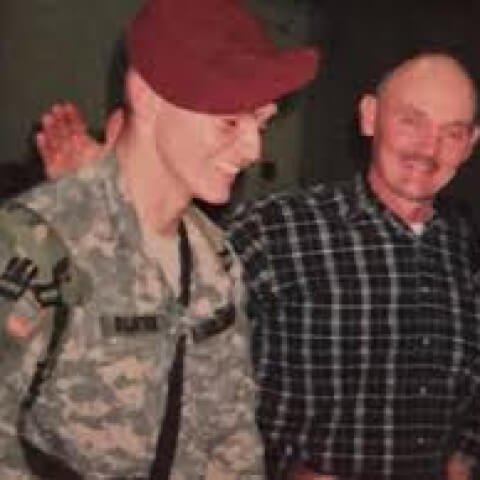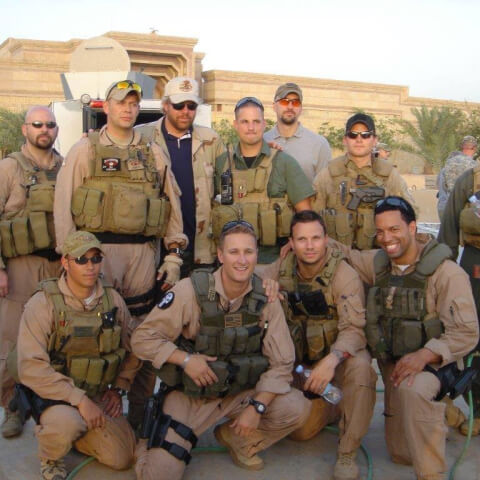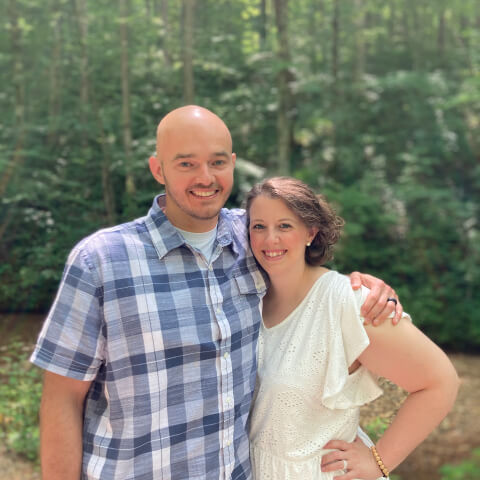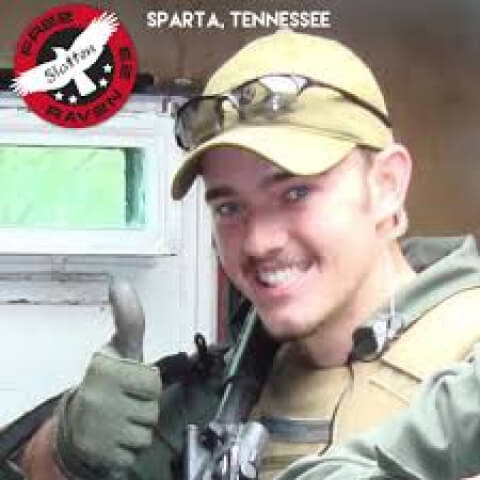
Nick Slatten first heard the devastating news aboutthe Sept. 11 terror attacks in his English class at White County High School inSparta, Tennessee. He was only 17, but he made a critical decision that day.He was not going to be a spectator in the coming war. He was going to participate.
Nick’s family had a long history of military service– five generations of Slattens defended America and returned from war to farm the same acreage in Sparta, Tennessee.
“My family has a long history of military service,”Nick said. “Everytime there has been a call, my family has stepped up to answerthe call. And it was instilled in me at an early age that I should serveif my country needed me to serve.”
He graduated in May, 2002. By August, he was dressed in fatigues and making his way through boot camp at Fort Benning.
Nick was proud to volunteer twice for the 82nd Airborne Division, “the All American Division,” once for infantry training andas a paratrooper.
When he joined the US Army, Nick Slatten became aone-percenter – part of the one percent of U. S. citizens who enlist and servein the Armed Forces, defending the 99 percent who stay at home. A yearafter graduating from high school, Nick landed in the thick of the Iraq conflict.His platoon was patrolling the Sunni Triangle northwest of Baghdad – right where the disbanded Iraqi military was reconstituting itself as insurgents, with the help of the Iranians. During the day, Nick and his team conducted “presence patrols” - walking through cities and villages to establish a rapportwith the local population and to watch for insurgent activity.
During night missions, they conducted ambush operationsand night raids directed by the US intelligence community, lookingfor high-value insurgents. Nick wrapped up the mission in April of 2004, andwas selected for sniper school. He returned to Iraq as a sergeant in 2005 for a short deployment to guard the Kurdistan border against Iranian forces looking to gin up conflict in Iraq. This time, Nick and his platoon had time tosocialize with the local population.
“They were genuinely good people; they were very hospitable,”Nick said. During one patrol, Nick’s platoon hiked to a village that was nestled into the side of a mountain. A woman came running out of her house with something in her hand.
Nick was worried until he saw that the object was a tea kettle, and the woman was yelling “Welcome” in Kurdish. She dragged chairs out of her house and motioned for Nick and his platoon to come over.
“So I move up and I call a few of my guys up and the village leader comes up and they make us tea,” he said. “And we sat around and talked to them. It was definitely a way different environment than my first deployment … these people really loved us.”
When he finished his second deployment, Nick optedto join Blackwater Worldwide in 2006 as a way to continue the U.S. missionin Iraq and to position himself for a career as a sniper in the U.S.intelligence services. In the spring of 2007, he was assigned to a Tactical SupportTeam code named Raven 23. His teammates would eventually include DustinHeard, Paul Slough, Evan Liberty and 15 other US military veterans.
